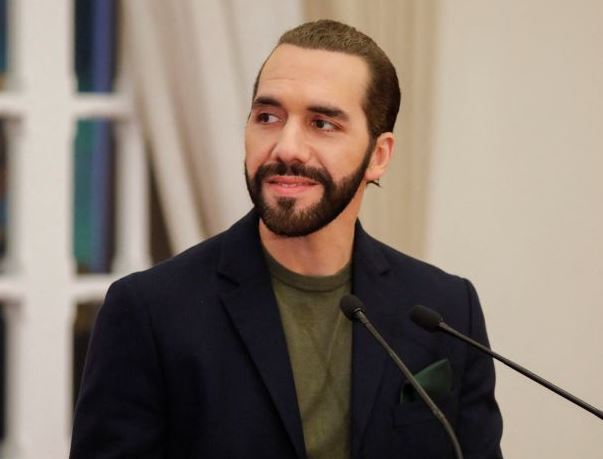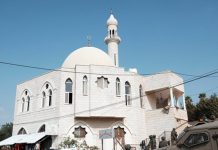
For more than a year, Latin American countries have watched as El Salvador swept more than 70,000 people into its prison system, with little semblance of due process, in a bid to eliminate the criminal gangs that have plagued the country for years. And many seem to like what they see.
Despite the suspension of civil liberties and allegations of abuse in El Salvador, politicians in neighbouring countries like Honduras and Guatemala have praised President Nayib Bukele as a model worth emulating.
That admiration is not confined to one end of the political spectrum. In Honduras, left-wing President Xiomara Castro announced her own crackdown on gangs that drew comparisons to El Salvador’s. And in Guatemala, former right-wing presidential contender Zury Rios called El Salvador a “model for reference”.
But while some in Latin America view Bukele in a positive light, others question if his policies can be replicated without eroding democratic safeguards and causing further violence. Since 2022, El Salvador has been under a state of exception, limiting constitutional rights in order to take swift action against alleged crime.
Video Duration 25 minutes 00 seconds 25:00
El Salvador’s Prison State | Fault Lines
“When massive rights violations become commonplace, it’s very rare for this to result in lasting peace,” said Noah Bullock, executive director of the Salvadoran rights group Cristosal, which has monitored rights violations under the state of exception.
Source: Aljazeera.com








